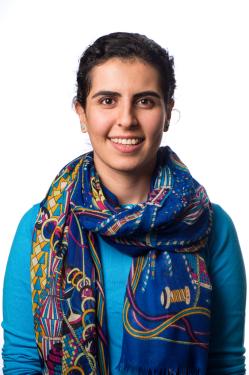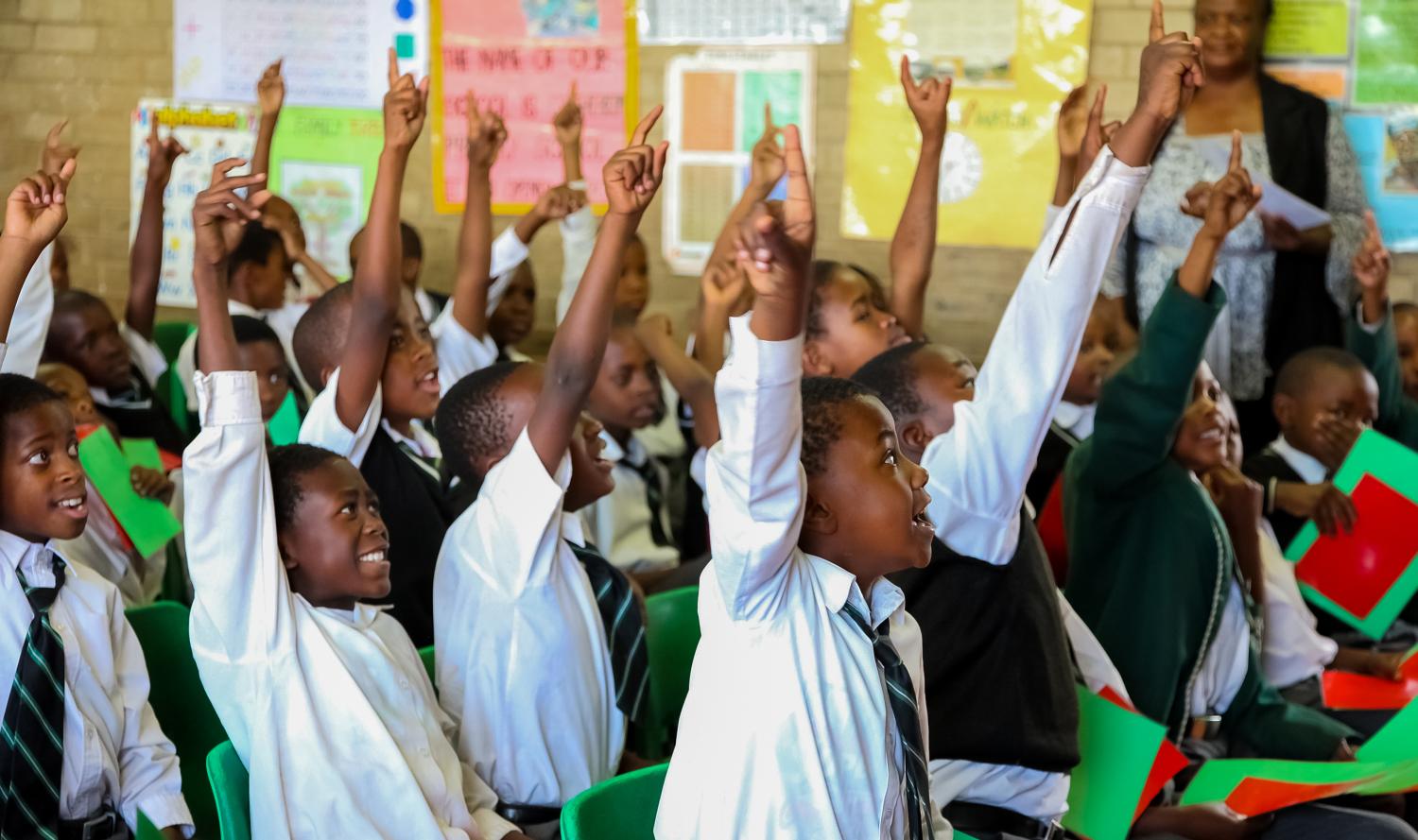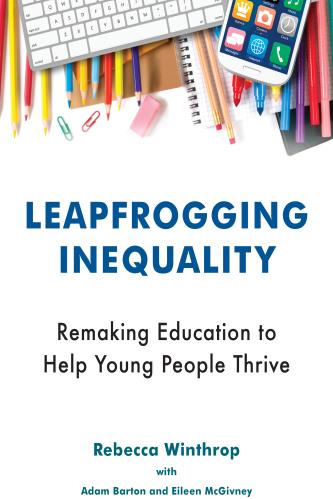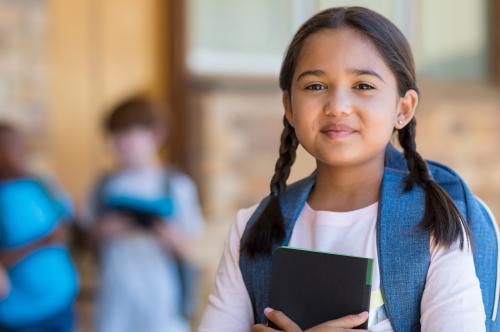When schools closed in Botswana on March 23, 2020 due to the COVID-19 pandemic, education administrators, teachers, and ultimately parents were faced with difficult decisions about how to help children continue learning without setting foot inside a classroom. In-person classes returned on June 17, 2020, though a second school closure occurred for two weeks beginning July 30 in greater Gaborone.
Like almost all the other 189 countries that closed their schools, the education community in Botswana had to rapidly pivot to remote learning strategies. Policymakers, school leaders, educators and education nonprofits quickly began to innovate with new ways of helping children learn. Television and radio lessons are just some of the ways the Botswana government and its partners attempted to reach children.
At the center of many of these strategies are parents.1 With children at home, Botswana’s parents suddenly became a central arbiter connecting education to their children. Like many countries around the world, this meant developing new forms of collaboration between schools and families. In Botswana, the average parent has opportunities to engage with his or her child’s school administration through periodic parent-teacher association meetings in the school where teachers share information on students’ performance or through school improvement projects where community members help improve the school infrastructure and collect report cards at the end of every term. But rarely are parents directly engaged in the heart of the teaching and learning process—what educationalists refer to as the “instructional core”—namely the interactions between content, students, and educators.
The COVID-19 pandemic has provided a historic shock to education systems worldwide, necessitating parents to join the frontlines of the teaching-learning process. Research on education innovations, including the Brookings publications “Leapfrogging Inequality: Remaking Education to Help Young People Thrive” and “Millions Learning: Scaling Education in Developing Countries,” has shown that new approaches born out of adversity can scale and become a better way of doing things over the long term. It is in this context that we are sharing data from recent research on parents in Botswana and seeking to shed light on a range of questions, including: What have been parents’ experiences in relation to their children’s education? What are parents’ beliefs about what makes for a quality education for their child? What informs parents’ beliefs about education at this time? What can the education community learn from the different parent engagement approaches used during COVID-19 that could be relevant long term?
As Botswana and the world face the possibility of cycles of school closures due to the ongoing nature of COVID-19, it will be important to build resiliency within education systems, including through learning more about how to effectively engage parents. Additionally, as a result of the COVID-19 school closures, parents have had unprecedented exposure to their children’s education. This recent insight into their children’s learning may have changed parents’ beliefs about what makes for a good quality education, and thus could ultimately serve as a new driver for education reform. This will serve schools well even after the novel coronavirus is over—both because there may be other times when school is disrupted (e.g., natural disasters on the rise due to climate change) but also because it can reveal useful, new strategies for helping children learn even in stable times.
-
Footnotes
- We use the term “parent” throughout this policy brief to refer to a student’s primary caregiver. This person is the adult who assumes the most responsibility in caring for the health and well-being of the child and thus can be a grandparent, aunt, uncle, or other family member.









